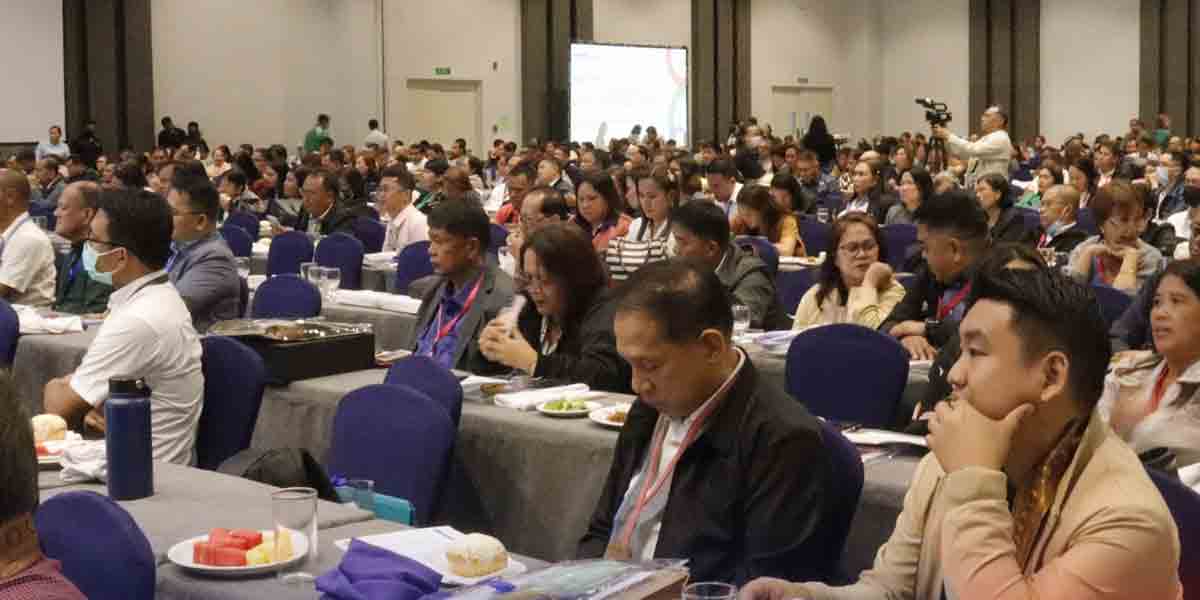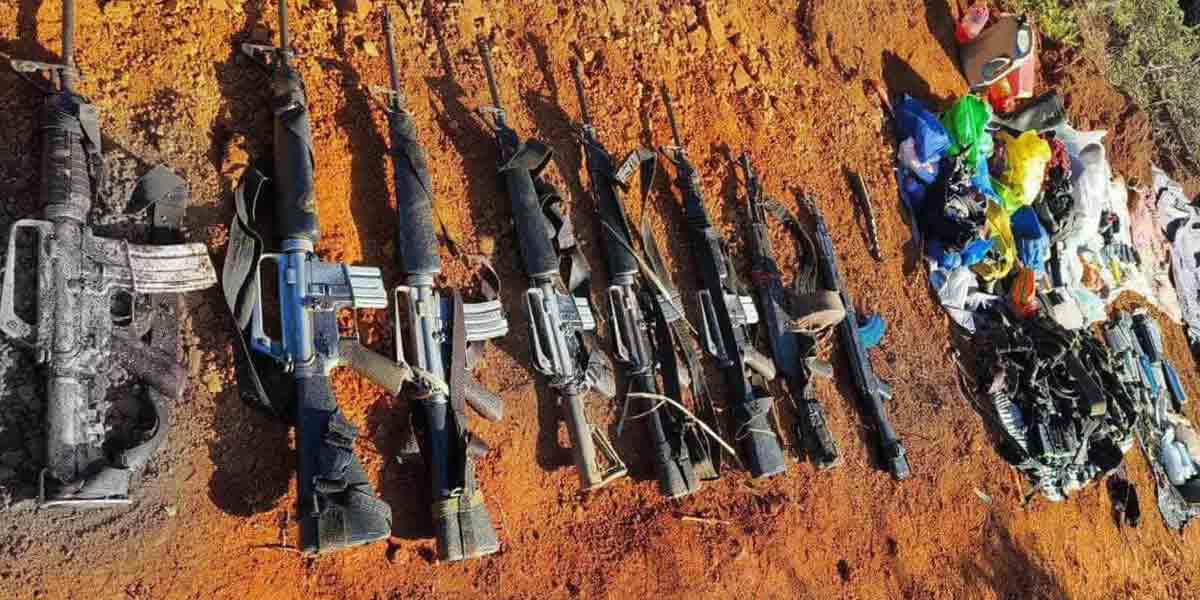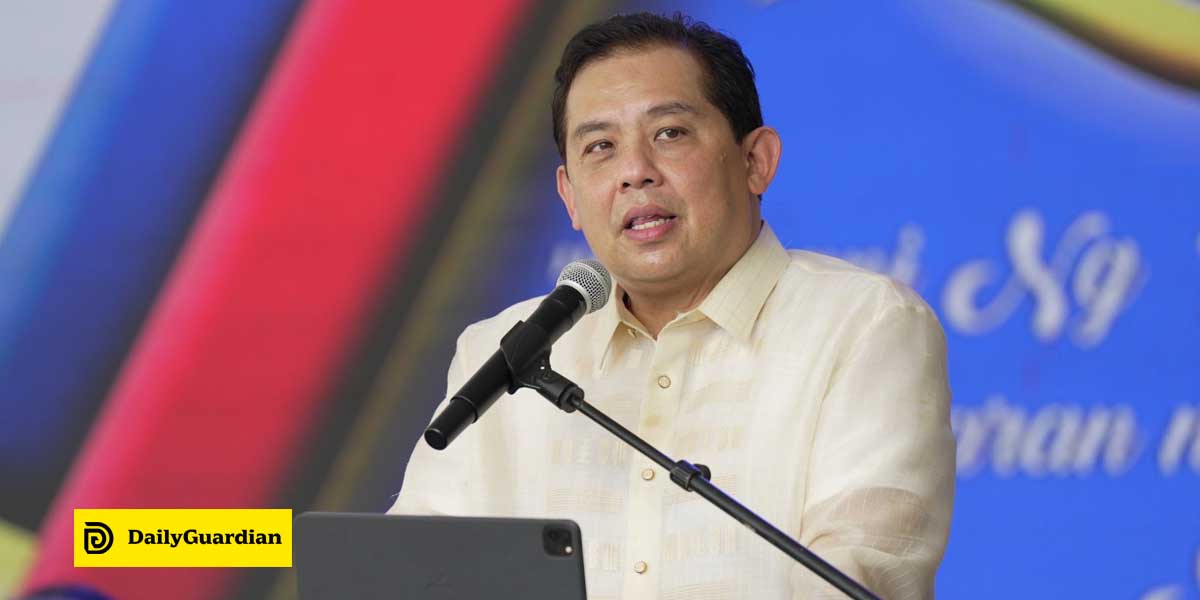By James Jimenez
The Commission on Elections is attempting, for the 2025 National and Local Elections, something it has always shied away from in the past. It is going to try regulating social media use for political campaigning. Admittedly, this move will earn plaudits from many as it essentially takes a sledgehammer to the walls that have long protected on-line speech. However, since this will the first time any such thing is attempted, COMELEC will no doubt have to risk the fate of others who take the lead in breaking down walls: they will get a face full of bricks.
COMELEC Resolution 11604 can be thought of as having three buckets of regulation: the first – and for me the iffiest – is the requirement of “registration of official social media accounts, websites, digital and internet-based campaign platforms of candidates and parties;” the second bucket deals with “transparency and disclosure requirements on the use of AI technology in election propaganda and campaign materials;” and the third, the “prohibited misuse of social media, AI technology, and internet technology in digital election campaign.”
Social Media Account Registration
Article III of the Resolution is entitled “Registration of official social media accounts, websites, digital and internet-based campaign platforms of candidates and parties.” If it had stopped there, at ‘parties,’ there would really be nothing controversial about this. Full disclosure, we called for this in the 2022 elections as well – the purpose of which was to have the ability to distinguish between ‘official’ campaign outlets, and those that were not official. It would also make it easier to monitor the use of social media accounts for games and schemes that might amount to vote buying – like the computer tablet give-aways of some campaigns.
This time around, however, the regulation appears to extend to private persons with social media accounts that appear to be campaigning for or against a candidate. This might be a problem.
Freedom of Expression
The main reason no previous COMELEC ever sought to ‘regulate’ social media use for political campaigning – at least not to the extent that Resolution 11604 is now attempting – is that there is no statutory basis for any such action by the agency. Remember that COMELEC is not a legislative body and, although it does have some authority to make rules, it can practically only do so for the purpose of implementing an existing law. Complicating the situation is the fact that what is being dealt with here is the fundamental right of free speech.
Apart from the free speech argument, there is also the practical concern that any sort of regulation or limitation of the public’s right to express political opinions and viewpoints – which necessarily includes expressing support for or against a candidate – can easily be misconstrued as the election body demonstrating egregious partisanship.
Selective Enforcement
Another particularly thorny aspect of all social media regulation is the difficulty in policing. Social media is vast, it is global, and it is devilishly difficult to monitor effectively. Any attempt to regulate it will lead to challenges in enforcement, as online content can be anonymously shared, disseminated from beyond the Philippines’ borders, or propagated through private channels that escape oversight anyway.
And when policing is difficult, there arises the distinct possibility of selective enforcement. The rules may end up being unevenly applied, leading once again to perceptions of bias. With the way Philippine political discourse has evolved on social media, you just know that any attempt to call out a politician or campaign will instantly lead to outrage and a deluge of accusations of partisanship.
Transparency and Disclosure
The second bucket of regulation provides that “all election propaganda and campaign materials of candidates and political parties, that utilize artificial intelligence technology shall be required to disclose the fact of its use and appropriate technology is employed to identify its authenticity and legitimate source.”
Clearly, this provision targets the use of AI to generate pictures, audio-visual or video clips, and audio-only or sound clips. In brief, Resolution 11604 requires that these kinds of materials be identified as AI generated. Thus, if a campaign were to put out a digitally created image of the candidate standing in front of massive crowd that wasn’t actually there when the candidate’s picture was taken, such an image would have to clearly indicate that it was AI-generated. The same rule applies for video and audio – the kind that, in the US, Elon Musk has lately been amplifying on his social network: audio of Kamala calling herself a DEI hire, for example.
While I wonder whether Philippine campaigns will be willing to shell out money for anything other than the most rudimentary manipulations – COMELEC shadily calls them ‘cheapfakes’ or “forms of visual disinformation for which authentic images or videos are re-contextualized to deliberately alter their meaning” – this is still a very good step to take. One can only hope that the legislature can quickly come up with legislation in support of it.
Prohibited Misuse
Under the catch-all heading of prohibited misuse of social media, AI technology, and internet technology in digital election campaign.”, COMELEC reasonably outlaws the following:
The use of “false amplifiers”, such as fake accounts, bots, and astroturf groups filled with fake users to propagate disinformation and misinformation in endorsing or campaigning against a candidate, a political party/ coalition, or party-list organizations, or to propagate disinformation, and misinformation targeting the Philippine election system, the COMELEC, and electoral processes during the election and campaign period; coordinated inauthentic behavior and the utilization of hyperactive users for false amplification; the creation and dissemination of deepfakes, cheapfakes, and soft fakes; and the creation and dissemination of fake news to support the election or defeat of a candidate; and use of AI generated content sans disclosure.
One prohibited act, however, gave me pause. “Use of fake and unregistered social media accounts during the election and campaign period for the same purposes.”
Does this mean that if I, a private citizen with no connection to any campaign whatsoever, were to start up a social media account dedicated to extolling the virtues of my chosen candidate or candidates, that I would not be able to do so without being required to register? Would that not be a curtailment of my freedom of expression? Because I would not be allowed to express myself in speech without the approval of COMELEC, would that not be tantamount to prior restraint?
Plaudits
COMELEC deserves applause for Resolution 11604. Without a doubt, the election management body was motivated only by the desire to rein in corrosive misinformation and disinformation. In the service of that goal, however, the rights of private individuals to freely express their political opinions and views online might also be unduly burdened or even outrightly curtailed. That could not possibly be the outcome that COMELEC is hoping for. As William Blackstone famously wrote in his Commentaries on the Laws of England: “It is better that ten guilty persons escape than that one innocent suffer.”






















